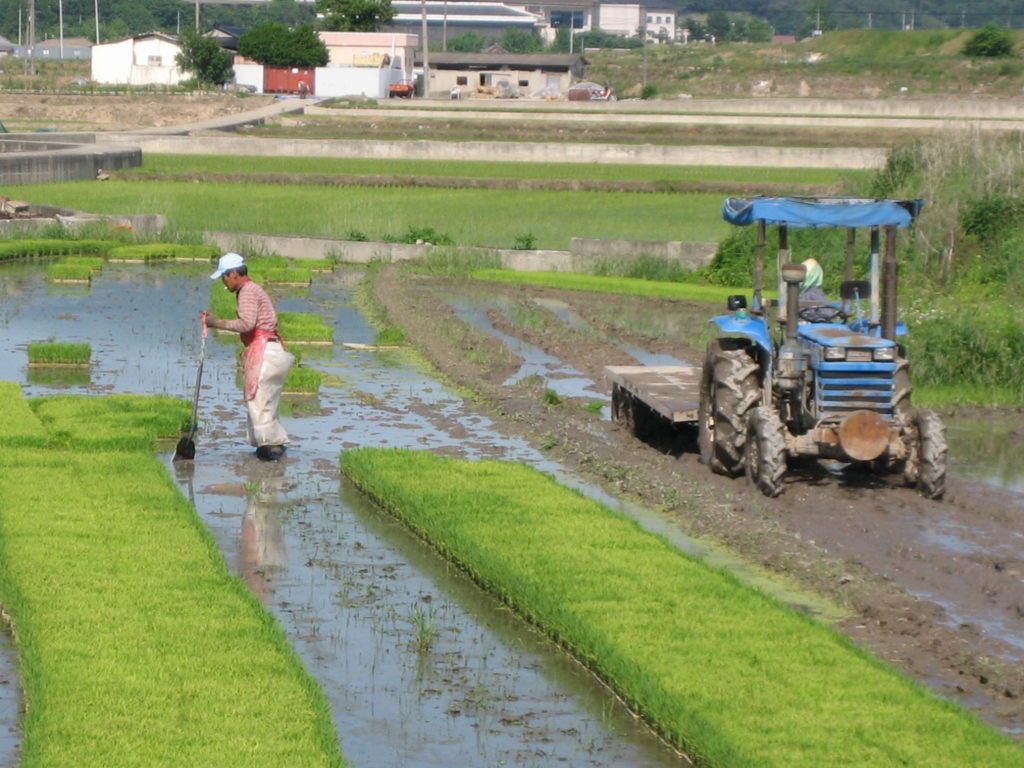The Peninsula
South Korea’s Response to Migrant Farm Worker Crisis

What Happened
- On July 29, Prime Minister Chung Sye-kyun announced that the government will “push for measures to lengthen the stay permits for foreign laborers” to combat worker shortages in agricultural areas.
- Many workers already in Korea are unable to return home due to Covid-19, and none of the 5,000 seasonal migrant workers that farms requested through a government program have been able to arrive.
- Simultaneously, South Korea is pushing ahead with changes to its long-term visa system that disadvantage low-income workers in favor of attracting a “superior pool of foreigners.”
Implications: When it comes to immigration, South Korea’s policymakers are advancing policies that do not reflect the new reality created by the COVID-19 pandemic. The current labor shortage on South Korean farms has laid bare the contradiction between South Korea’s changes to its long-term residency visa, which will go into effect on Dec. 1, and the reality of high demand for unskilled workers in industry and agriculture. Despite fierce competition from highly-educated Koreans for well-paid jobs in government and large corporations, the visa changes will make it easier for highly-paid professionals to stay in South Korea while making it harder for much-needed migrant laborers to continue to stay in the country. If a reassessment of this visa change does not occur, undocumented immigrants may continue to fill South Korea’s worker shortage.
Context: South Korean agriculture has long depended on migrant workers from other parts of Asia to fill the labor gap in the country’s aging countryside. The pandemic’s effect on the flow of seasonal migrants became clear earlier this year, but the situation has become more pressing as the harvest season approaches. Despite this long-standing labor shortage in both the agricultural and industrial sectors, the government’s changes to the points-based F-2-7 long-term residency visa make it much more difficult for foreigners without high-paying jobs or university degrees to stay in South Korea long term. This visa allows some immigrants to stay in South Korea for up to five years, but the duration of stay allowed depends on points awarded. Those with low incomes may receive F-2-7 visas that are valid for less than a year.
This briefing comes from Korea View, a weekly newsletter published by the Korea Economic Institute. Korea View aims to cover developments that reveal trends on the Korean Peninsula but receive little attention in the United States. If you would like to sign up, please find the online form here.
Korea View was edited by Yong Kwon with the help of James Constant and Sonia Kim. Picture from Wikimedia Commons
